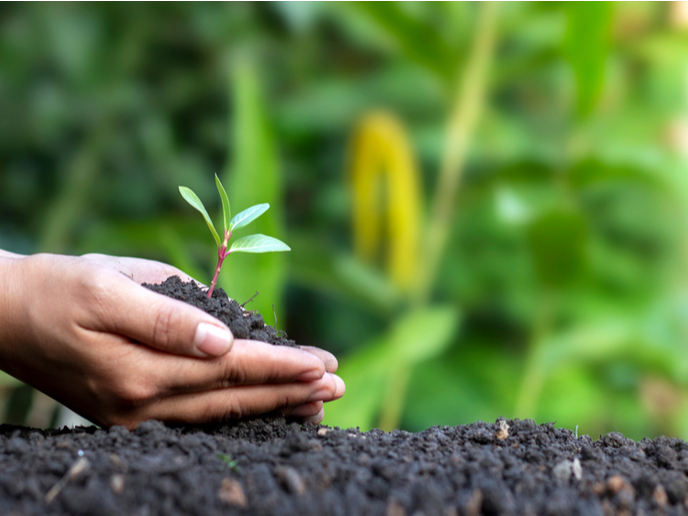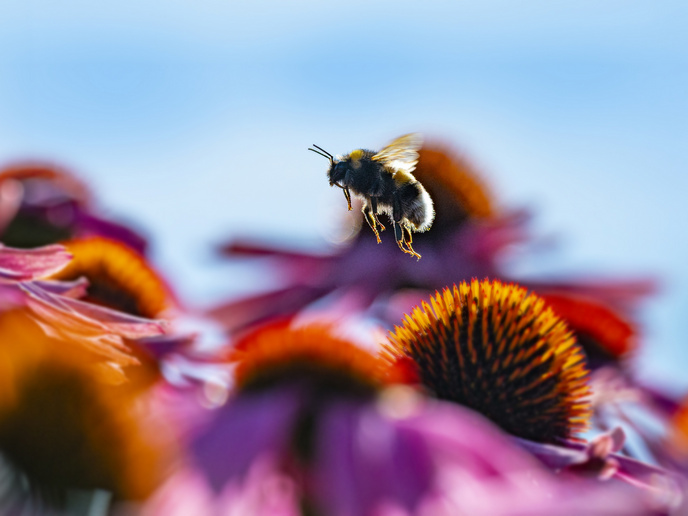Introducing the TikTok farmer
Europe needs more farmers and it needs them fast. “The combination of many farmers nearing retirement and a general lack of interest from young generations means farming is facing a crisis,” says İlkay Unay-Gailhard, a researcher at the Leibniz Institute of Agricultural Development in Transition Economies. With a resilient agriculture sector being critical to food security, farming’s generational gap could have a significant impact across the EU – and the world. So, how does one connect millennials and Gen Z to careers in farming? According to the EU-funded YOUNG FARMERS project, the answer might be as simple as leveraging the power of digital communication, particularly social media. “Today’s youth extensively use digital media for entertainment, learning, and sharing information on careers,” adds Unay-Gailhard who coordinated the project with her colleagues at the University of Chicago, Pennsylvania State University and University of Florida. “However, scrolling through digital media will show that there is a significant gap in interactions that can successfully inspire young people towards pursuing a career in farming.” To help fill that gap, the project, which received support from the Marie Skłodowska-Curie Actions programme, looked at how digital media can be used to attract the next generation of farmers.
Using TikTok to talk about societal challenges
Based on conversations with experts and young farmers across the EU and United States, the project discovered that using social media to discuss societal challenges has the potential to motivate individuals to choose a career in farming. “Social movements such as climate change, urban agriculture, organic farming, and the focus on local food inspire those who haven’t grown up on farms to make career decisions in farming,” explains Unay-Gailhard. To illustrate, researchers analysed comments from selected TikTok videos using several climate- and farming-related hashtags (e.g. #cop26glasgow, #farmlife). They also talked to a dozen TikTok farmers to understand their attitudes, beliefs and values regarding climate change and why they use TikTok as a platform for sharing those beliefs. “Our findings suggest that being a farmer on TikTok is about not only having a voice or having fun but also investing in others and sharing the farming lifestyle, experiences and knowledge through entertaining videos,” notes Unay-Gailhard. “Such an alternative way of communication can set the stage for further exploring the career journey of farmers.”
The power of social media
It is this type of informal education and imperfect self-presentation that promotes engagement with potential farmers. “Young farmers are digital natives, and they can use social media to frame farming as an attractive, tech-savvy field that allows young people to contribute to the causes they care about,” says Unay-Gailhard. To prove the point, the project asked young farmers how they ended up in the farming profession. For most, their career path was unplanned, unpredicted and heavily based on online self-learning. “Clearly, social media accounts, blogs and social movements play a significant role in promoting pro-social, pro-environmental and pro-political intentions that are closely associated with the essence of a career in farming,” concludes Unay-Gailhard. “These platforms create inspiration and connections and can be powerful tools for inspiring the next generation of farmers.”
Keywords
YOUNG FARMERS, TikTok, farmers, social media, farming, agriculture, digital media, climate change, urban agriculture







